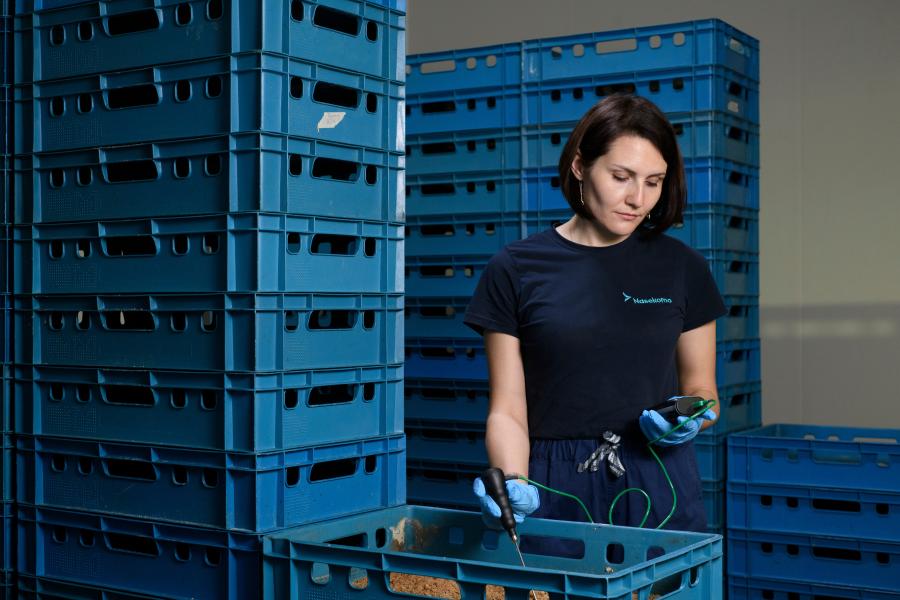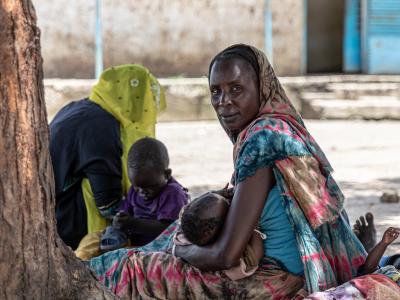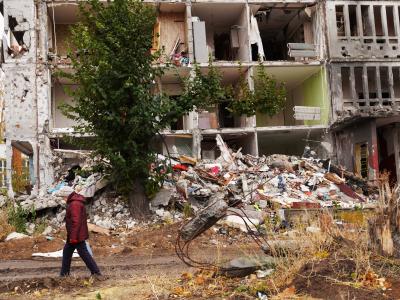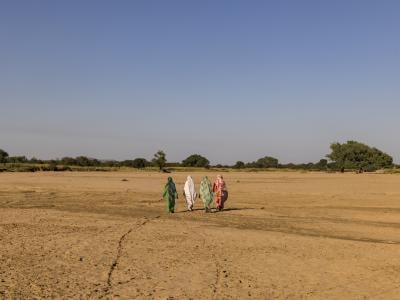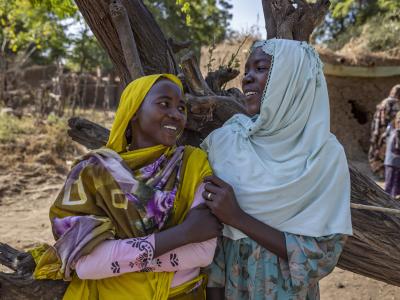Global financial needs amount to $428 Million (+12% vs 2024 current budget)
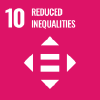
Integrating locally can be a lasting solution for refugees and a chance to build a new life, while acquiring a nationality is the overarching solution for millions who are stateless. But securing housing, land tenure or social protection is hard, increasing people’s social and economic exclusion and spurring many to move onward. In 2025, UNHCR will seek to advance refugees’ local integration, especially by leveraging pledges made at the Global Refugee Forum in 2023. UNHCR will invest in research into options for acquiring permanent residency and nationality, advocacy for legal and policy reforms, and supporting refugees to get legal remedies and the documentation they need for national services, legal residency and citizenship.
Core Outcome Indicators

Proportion of people with secure tenure rights
to housing and/or land

Proportion of people covered by national
social protection systems
Core Output Indicators

Number of countries where government social protection systems are inclusive of forcibly displaced and stateless people*
2024 Mid-year progress: 80 countries

Number of people supported by UNHCR to acquire nationality, permanent residency status or to access naturalization procedures*
2024 Mid-year progress: 29,000
*58 country operations reporting
Financial overview
